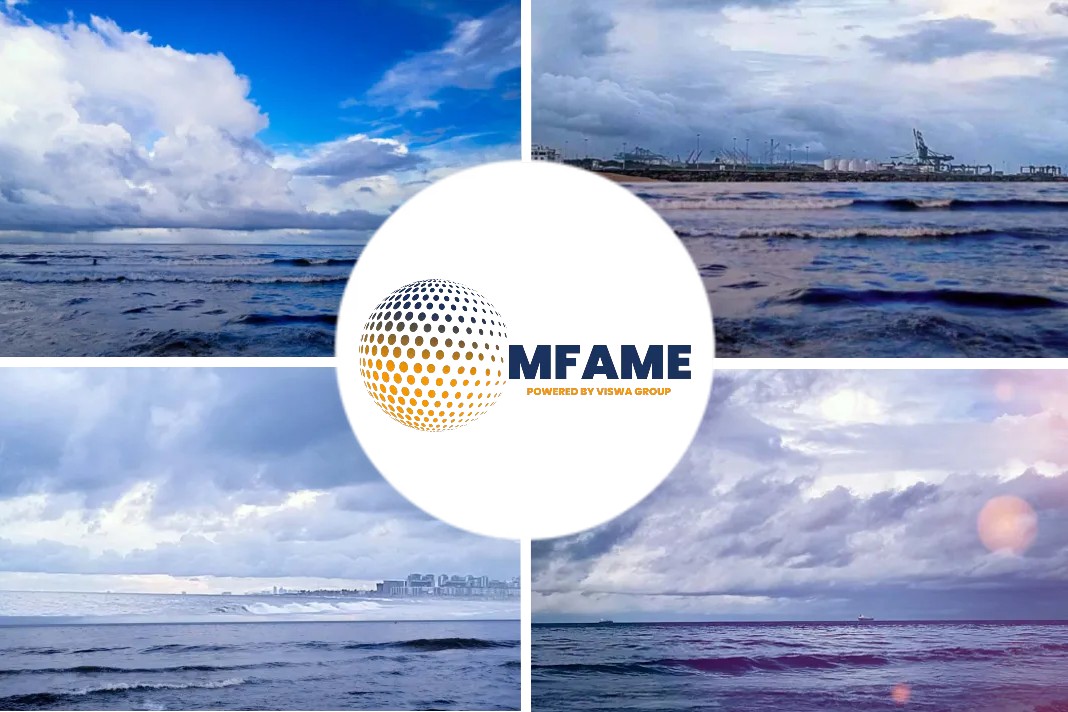Adhering to these stricter environmental standards could add at least $2 billion to our annual fuel bill from 2020, says, the world’s largest container shipping line, Maersk.
An explicit view of how vessel owners will be affected by rules to curb sulfur emissions that are going to take effect in 16 months’ time is yet to be seen.
More than just scrubber cost
High crude prices, tight availability of compliant fuels, and investment in research and development are among issues that will combine to drive up the cost of complying with IMO 2020, said Simon Bergulf, director for regulatory affairs at A.P. Moller-Maersk A/S, the Copenhagen-based operator of hundreds of container ships and smaller craft like tug boats.
Maersk, which had spent $3.37 billion on fuel last year, says the increase could even exceed $2 billion — and that’s before taking into account further spending on things like research and development.
Volatile trade trend
There isn’t currently a single, widely traded contract that captures the price of the new fuel vessels will have to use. ICE Gasoil, lower in sulfur than would be necessary, is more than double the price of high-sulfur fuel in January 2020, when the new rules start, according to data compiled by Bloomberg.
Breaking the rules
Large increases to expenses could tempt some companies to cheat by using fuel that doesn’t meet the regulations set out two years ago by the International Maritime Organization.
A large container ship hauling goods to Europe from Asia might save in the region of $700,000 just for one delivery if it broke the rules, Bergulf said, adding that Maersk is committed to full compliance.
Inefficient alternative
Although, vessels can also have on-board equipment called scrubbers, which cost several million dollars apiece in big ships, that allows owners to keep using higher-sulfur fuels. It is blamed for creating adverse human health conditions like asthma.
No LNG supply
Maersk Chief Executive Officer Soren Skou shunned both liquefied natural gas — a fuel being touted as an alternative option — and scrubbers as potential solutions for complying with the 2020 cap in the company’s second-quarter earnings call earlier this month. Instead, Maersk has committed to burning low-sulfur fuels.
The company last week announced the creation of a 0.5 percent fuel-supply facility in Rotterdam with storage company Vopak that will will cater for around 20 percent of Maersk’s global demand. Maersk is also looking into the potential of similar facilities in other locations.
Negligence
“Everyone that we’re talking to in our dialogues in the refineries, in the bunker suppliers, they’re not fearing any shortage. That’s not something that they’re fearing at all. They believe they’re well equipped to handle that transition,” said Bergulf.
Did you subscribe for our daily newsletter?
It’s Free! Click here to Subscribe!
Source: Bloomberg
















